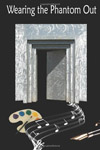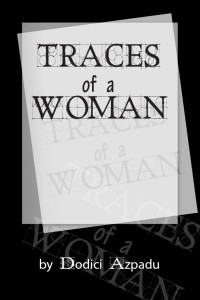by Dodici Azpadu
![]() As writers, we can be lulled by careless speech into thinking that what we hear is correct on paper.
As writers, we can be lulled by careless speech into thinking that what we hear is correct on paper.
These words suggest place, time, and causality; however, place, time, and causality often do not make sense with the verbs is, are, was, or were. After forms of the verb to be (is, are, was, were), a noun that renames the subject or an adjective that modifies the subject is customary. In the example above was is followed by an adverbial clause because of their pitching. The correct way to write the sentence is:
Mixed constructions are frequently related to misplaced and dangling modifiers because errors in these groups do not make logical or grammatical sense. Misplaced limiting modifiers are epidemic in speech. Use the following limiting modifiers cautiously: only, even, almost, nearly and just.
I want my father to pay for tuition only.
Dodici Azpadu, MFA, PhD is a novelist, short story writer, and poet. Her fiction publications include: Saturday Night in the Prime of Life and Goat Song (Aunt Lute/Spinsters Ink) and subsequently Onlywoman (London, England). Living Room (2010) and Traces of a Woman (2014), both by Neuma Books, are available as ebooks. She’s currently at work on a novel, tentatively titled Living Lies.
 Her poetry publications include Wearing the Phantom Out (2013) and Rumi’s Falcon from Neuma Books. Individual poems have appeared in Malpais Review, Adobe Walls, ContraACultura (online), Parnassus, Sinister Wisdom, Latuca, The Rag, and The Burning Bush. Her work has also been anthologized in Centos: A Collage of Poems and Hey Pasean!
Her poetry publications include Wearing the Phantom Out (2013) and Rumi’s Falcon from Neuma Books. Individual poems have appeared in Malpais Review, Adobe Walls, ContraACultura (online), Parnassus, Sinister Wisdom, Latuca, The Rag, and The Burning Bush. Her work has also been anthologized in Centos: A Collage of Poems and Hey Pasean!
Dodici teaches “The Joy of Poetry” and “Craft of Creating Writing” classes through University of New Mexico’s Osher Lifelong Learning.
This article was originally published in the June 2011 issue of SouthWest Sage and is reprinted here by permission of the author.



